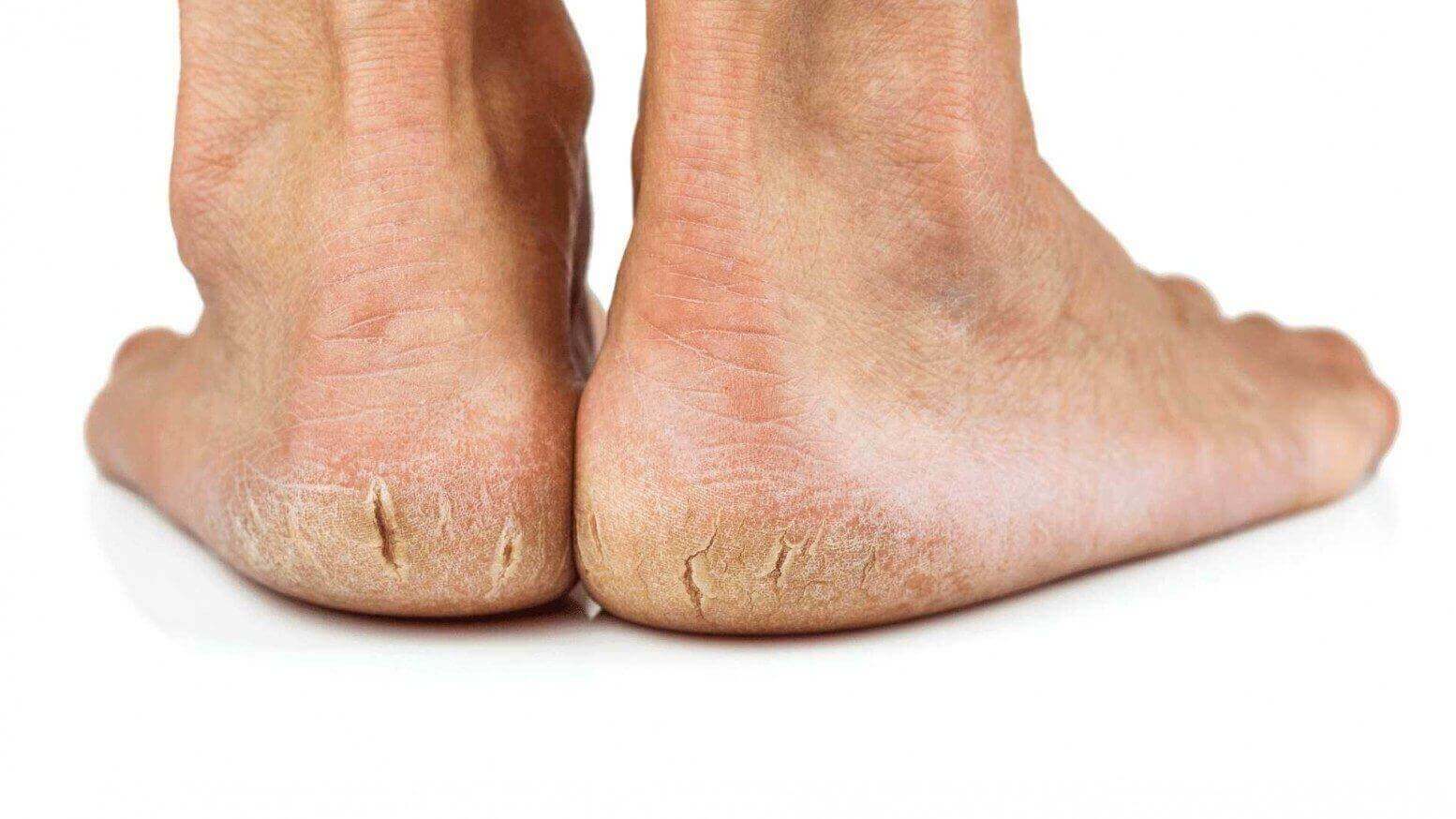Dry and Cracked Heels: The Role of Podiatry
Dry and cracked heels, a prevalent foot issue, can range from a minor annoyance to a painful condition. Characterized by hardened, cracked skin on the heel, this problem can affect people of all ages. Podiatrists, foot and ankle specialists, offer expert care and treatment for dry and cracked heels, helping individuals achieve soft, healthy feet.
Causes of Dry and Cracked Heels
Several factors contribute to dry and cracked heels:
- Skin Aging As skin ages, it becomes drier and less elastic, leading to cracked heels.
- Environmental Factors Exposure to dry air, cold weather, and excessive water can exacerbate the problem.
- Improper Footwear Wearing open-toed shoes or sandals can contribute to dry and cracked heels.
- Underlying Medical Conditions Conditions like diabetes, eczema, and psoriasis can increase the risk of dry, cracked heels.
- Excessive Pressure Standing or walking for long periods can put added pressure on the heels.
Symptoms of Dry and Cracked Heels
Symptoms of dry and cracked heels include:
- Dry, flaky skin on the heels
- Deep cracks or fissures in the heel skin
- Pain or discomfort when walking or standing
- Increased risk of infection
The Role of Podiatrists
Podiatrists play a crucial role in managing dry and cracked heels:
- Diagnosis Identifying underlying causes and determining the severity of the condition.
- Treatment Providing effective treatments to address the problem, including debridement, moisturizers, and medical-grade foot care products.
- Prevention Offering advice on foot care and lifestyle modifications to prevent recurrence.
Treatment for Dry and Cracked Heels
Podiatrists offer various treatments for dry and cracked heels:
- Over-the-Counter Products Moisturizers, emollients, and heel balms can help hydrate the skin.
- Medical-Grade Products Prescription-strength creams and ointments for severe cases.
- Debridement Removing dead skin to promote healing and reduce the risk of infection.
- Custom Orthotics Supporting the feet and reducing pressure on the heels.
- Surgery In rare cases, surgery may be necessary for severe and persistent cracks.
Preventing Dry and Cracked Heels
Taking preventive measures can help maintain healthy feet:
- Regular moisturizing
- Wearing closed-toe shoes
- Avoiding excessive water exposure
- Treating underlying medical conditions
- Choosing the right socks
By seeking professional care from a podiatrist and implementing preventive measures, individuals can effectively manage dry and cracked heels and enjoy healthy, comfortable feet.


